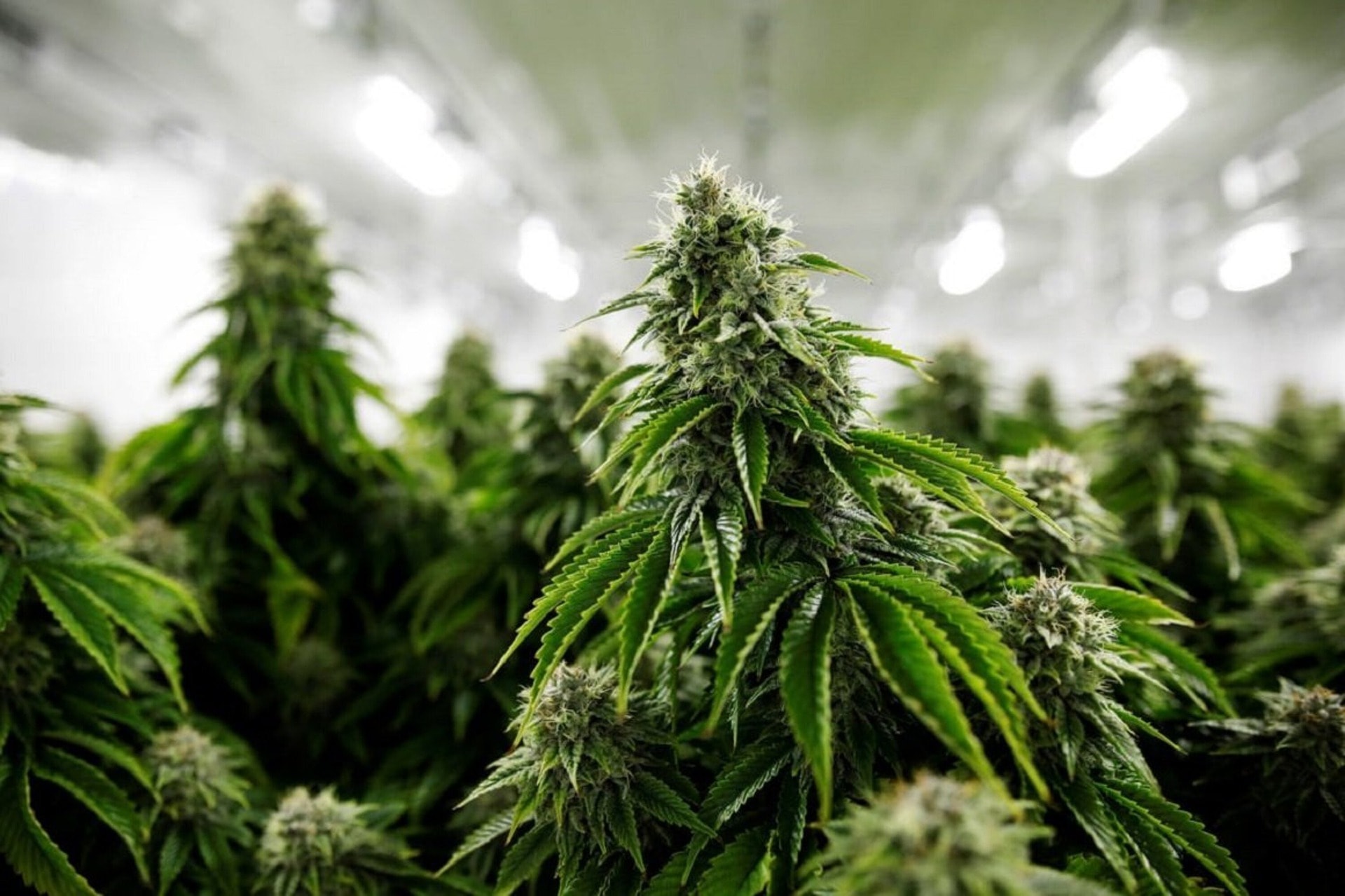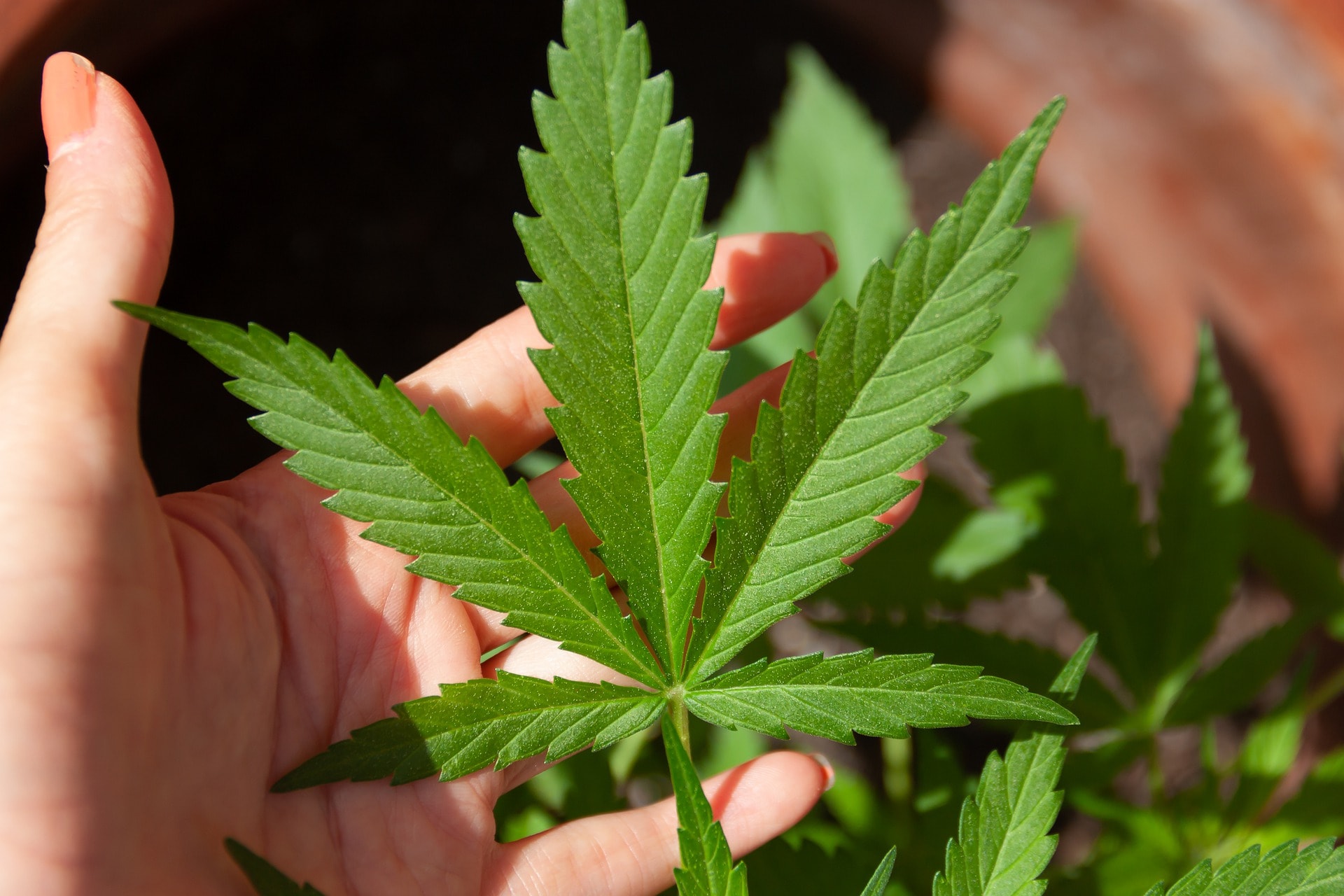The CBD market is currently taking our planet by storm. With so many countries warming up to the hemp plant for extraction and recreational use, many products are available.
CBD oils, suppositories, capsules, edibles, and the like are all on sale. Buyers don’t fail to get their preferred pick without hassle.
But there’s a question most buyers seem to ask – Why is CBD so expensive? Well, that’s due to a combination of factors.
And through this post, you’re sure of correct info to help you understand why CBD costs so much.
How CBD Is Manufactured Plays into CBD Pricing
To make up for the poor reservoir of hemp plants, several companies opt for supplies from overseas growers. In some cases, hemp plants received are of top quality. While sometimes, much is left to be desired from these supplies.
Where the hemp comes from plays a pivotal role in how pricey or cheap it is.
Other factors such as cost of equipment, manpower remuneration, manufacturing taxes, etc. also affect CBD prices.
Factors into Why CBD Oil is So Expensive
Several factors play into how much CBD oils cost. Take a look at these factors in detail below;
Extraction technique
Two extraction techniques are available – CO2 and ethanol based.
CO2 extraction is commonly used to extract several CBD products and doesn’t leave solvents in its finished product. CO2 extraction involves better concentration support. Also, this extraction method can conveniently target removing specific cannabinoids.
Such high-powered features make CO2 extraction ideal for all types of CBD oil. The finished product usually comes with a lesser chance of contaminants appearing in derivatives.
Other products utilize ethanol extraction techniques, but this method fails to eliminate all solvents from its final derivative.
Generally, both processes require expensive machinery and skilled, well-paid manpower to function.
Supply issues
The illegality of hemp up until 2018 made stockpiling plants for purposes other than research criminal. When the Farm Bill of 2018 came through, there was little for CBD makers to fall back on.
Hemp farming was legal in a few states and in controlled portions. Having little to work with, the extraction of CBD from hemp turned out to be an expensive venture.
But with more legislation expressly allowing the use of hemp in several forms, there’s a high premium on supplies.
Also, buyers need CBD in a wide range of forms that involve varying, usually cumbersome processes. Since CBD production is in its infancy, most of these processes are expensive to make.
Limited farming guidelines
A lack of defined farming guidelines for hemp results in a direct shortage of bountiful harvest. A shortage of crops directly stunts CBD production. The USDA doesn’t have any hemp farming guideline, meaning there’s no uniform cropping practice.
With no universal farming guide available, states face challenges in drawing up an acceptable hemp cultivation scheme.
Some states rely on federal guidelines from similar crops, while others depend on a creative approach for their own guide.
All these disparities mean hemp farmers are open to loss. And with hemp farmers open to loss from differing guidelines, there’s a chance of limited supply of hemp for extraction. All these translate to a higher price in CBD oils.
Massive demand
Unlike other industries where massive demand drives suppliers to expand production, CBD is different. With some level of uncertainty surrounding CBD’s novel status, few companies currently produce hemp extracts.
Customers are always keen on getting quality CBD products, and large-scale suppliers aren’t enough to meet the budding demand.
Since there’s so much demand for CBD oil, suppliers struggle to meet consumers’ needs. Such a strained supply line invites an increase in CBD oil prices.
And when customers demand for natural products, the price they need to pay goes a little higher.
With a closer look, there’s a high chance of the price of CBD oils reducing in the future. Most factors that affect the products’ price stem from its relative novel status and non-uniform demand-supply chain.
How Can We Assess the Value of CBD Products?
Certificate of Analysis (COA)
The first way to assess a CBD product’s value is through looking at its Certificate of Analysis (COA). COA serves as the next best thing to a regulatory certification.
Here’s the reason why.
A third party lab without any links to a CBD maker is saddled with analyzing the composition of their products.
After the analysis, their findings of each component in a tested product come in its packaging. With this document, it becomes easier to find out how concentrated your chosen CBD product is.
Products with COA may cost a little more than uncertified options.
CBD Type
There are three types of CBDs on sale – isolates, full-spectrum, or broad-spectrum CBD.
Isolates involve a considerable amount of expertise to extract from the main thing. Also, it involves specialized machinery for smooth extraction. Broad spectrum CBD costs a little lesser than isolates but still involve some considerable machinery and expertise.
Full spectrum CBD involves minimal processing precision, but still costs much for hemp-plant extractors.
Volume
The volume of your chosen CBD product is another direct indicator of its value. For instance, CBD oils come in 30mg, 50mg, and 100mg variants. Smaller volumes cost a little less than much greater options.
Final Words
There seems to be a bulging need for CBD oils and other products across countries where its legal. A small bottle ranges from $50 – $200, making it seem an expensive choice for several buyers.
With high taxes, manpower costs, machinery and equipment maintenance to handle, it’s no wonder CBD products are expensive.
Rather than ask, “why is CBD so expensive?” consider what you stand to gain before its price.
And if you check it out from another perspective, you only have to use little amounts at a time. A few drops of highly concentrated CBD oil could have a much-needed effect. Also, you may not need more than a few bottles each year.
When you check that out, it becomes more comfortable to buy CBD products, price tag regardless.

